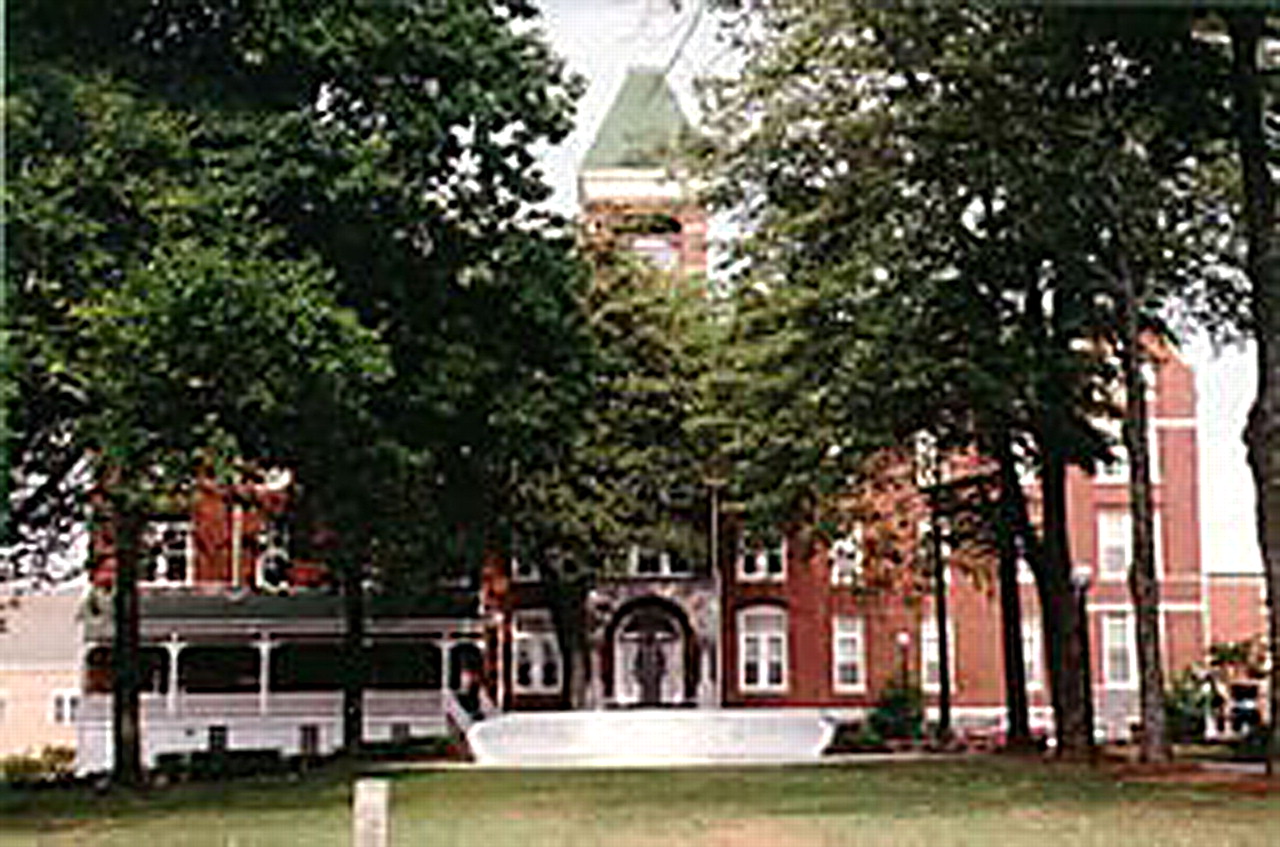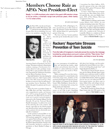Atlanta goes by several unofficial titles, like the Big Peach, the ATL, and the capital of the New South, but perhaps none of them is as apt, or harder earned, than Black Mecca.
As the Great Migration of African Americans continues to reverse, with Northern blacks with Southern roots returning “home,” Atlanta celebrates its history and rich cultural heritage with museums, galleries, and gathering places.
Most visitors already know about the most famous of these spots, including the birthplace of civil rights leader Martin Luther King Jr., Ebenezer Baptist Church, and the King Center, with King's resting place. But that's just a starting point for any tourist who wants to discover Atlanta's black history and social environment.
Sweet Auburn
The King Center's home, Auburn Avenue, better known as Sweet Auburn, is the home of creative black enterprise. From the late 1800s through the 1950s, Sweet Auburn was a bustling business community. Ironically, integration dulled the avenue's edge, as many businesspeople of color moved from Auburn to nearby Peachtree Street and into Atlanta's mainstream.
Several successful black businesses remain, however, including the Atlanta Daily World, the first black-owned daily newspaper in the United States, founded in 1928, and the Atlanta Life Financial Group, founded in 1905 by Alonzo F. Herndon, the city's first black millionaire.
Today Sweet Auburn is making a comeback, like many Atlanta neighborhoods, with ambitious artists and entrepreneurs renovating historic properties. For a wide-angle lens on the area's past and present, visit the APEX Museum, which stands for the African-American Panoramic Experience. Permanent exhibits include a recreated, circa 1930s Auburn Avenue theater and drugstore. Exhibits through May include W.E.B. DuBois' social study of “The Georgia Negro,” showing what life was like for blacks at the turn of the century.
Serious researchers may want to visit the Auburn Avenue Research Library on African-American Culture and History. An exhibit from May 15 through May 31 will commemorate the birthday of Malcolm X.
Art lovers have plenty of choices in the area to visit, including the lobby of the Atlanta Life building. This gallery features works by more than 300 artists, including Jacob Lawrence, Elizabeth Catlett, Hale Woodruff, and Romare Bearden.
West End
One of Sweet Auburn's newest enterprises is
Studioplex, a renovated cotton warehouse with shops and galleries, including the S
outhern Sahara photo gallery, specializing in modern African architecture, and handmade glassworks at Janke Studios. The premier stop for “fine art of the African diaspora” is in West End, at
Hammonds House Galleries, housed in a beautiful old Victorian home. In May, the museum will feature works of printmaker Ron Adams. Call to check on lectures or jazz performances (see box on
page 44).
Also in West End is the Shrine of the Black Madonna Bookstore, one of three in the country affiliated with the Pan-African Orthodox Christian Church. With more than 10,000 titles, 90 percent by black authors, the bookstore is a prime stop for touring African-American writers and celebrity autobiographers, from Toni Morrison to Patti LaBelle. The bookstore also displays museum-quality African textiles and artifacts and contains the Black Holocaust Museum. Call Ewa, the bookstore manager, for up-to-date information on signings and lectures or for a guided tour.
The Atlanta University Complex campus anchors West End, with Morehouse College, Spelman College, Morris Brown College, and Clark Atlanta University. Unfortunately, Spelman's fine art museum, funded in part by comedian Bill Cosby, will be closed in May. However, Clark Atlanta's gallery, on the second floor of Trevor Arnett Hall, will be open, featuring work from its permanent collection. At Morehouse visitors can see the Howard Thurman National Obelisk, also called the Ben Ben, which is based on ancient Nile monuments symbolizing the process of enlightenment.
Man does not live by art and literature alone: For African-American food and music, you'll have plenty to choose from. The Sweet Auburn Curb Market, founded in 1918 for the black community, was recently renovated. It is stocked with fresh produce and meats from all over the world, complete with bakery and sit-down cafe. (Just try to leave without sampling the sweet potato pie.)
Nearby, stop for a moment of silence at the Royal Peacock, the legendary nightclub (closed at press time, but reborn as often as the phoenix) that fostered the careers of Marvin Gaye, Gladys Knight, Little Richard, Sam Cooke, James Brown, and others.
If it's an authentic juke joint you're after, seek no further than Pal's Lounge, a down-low dive just off Sweet Auburn, with live blues and jazz on Friday and Saturday nights, complete with fried chicken, pork chops, and oysters.
In fact, several Atlanta restaurants were havens for civil rights pioneers, especially Paschal's, where King and his colleagues mapped strategy. The original 1947 location has closed, but a newer restaurant still harbors a big after-church crowd downtown for classic soul food favorites.
Near the Atlanta University complex in West End, get your Southern specialties at the Busy Bee Café, including oxtails and a fist-sized ham hock. Gladys Knight occasionally hangs out at her place, Gladys Knight's & Ron Winan's Chicken & Waffles. Guess you can figure out the specialty there.
If you're looking for more upscale dining, check out Justin's, owned by Sean “P-Diddy” Combs. Martini Mondays always attract Atlanta's young black movers and shakers; the restaurant shows movies every Wednesday, with occasional live music. Call for up-to-date information. Jazz buffs should seek out Sambuca, with Grammy-winning performers in a supper-club atmosphere.
Finally, Atlanta also offers lots of indigenous African food. For starters, try the Imperial Fez, where fine Moroccan cuisine served to reclining diners on embroidered pillows, and Queen of Sheba, where Ethiopian specialties like injerra and kitfo are served on traditional woven-straw tables. ▪

